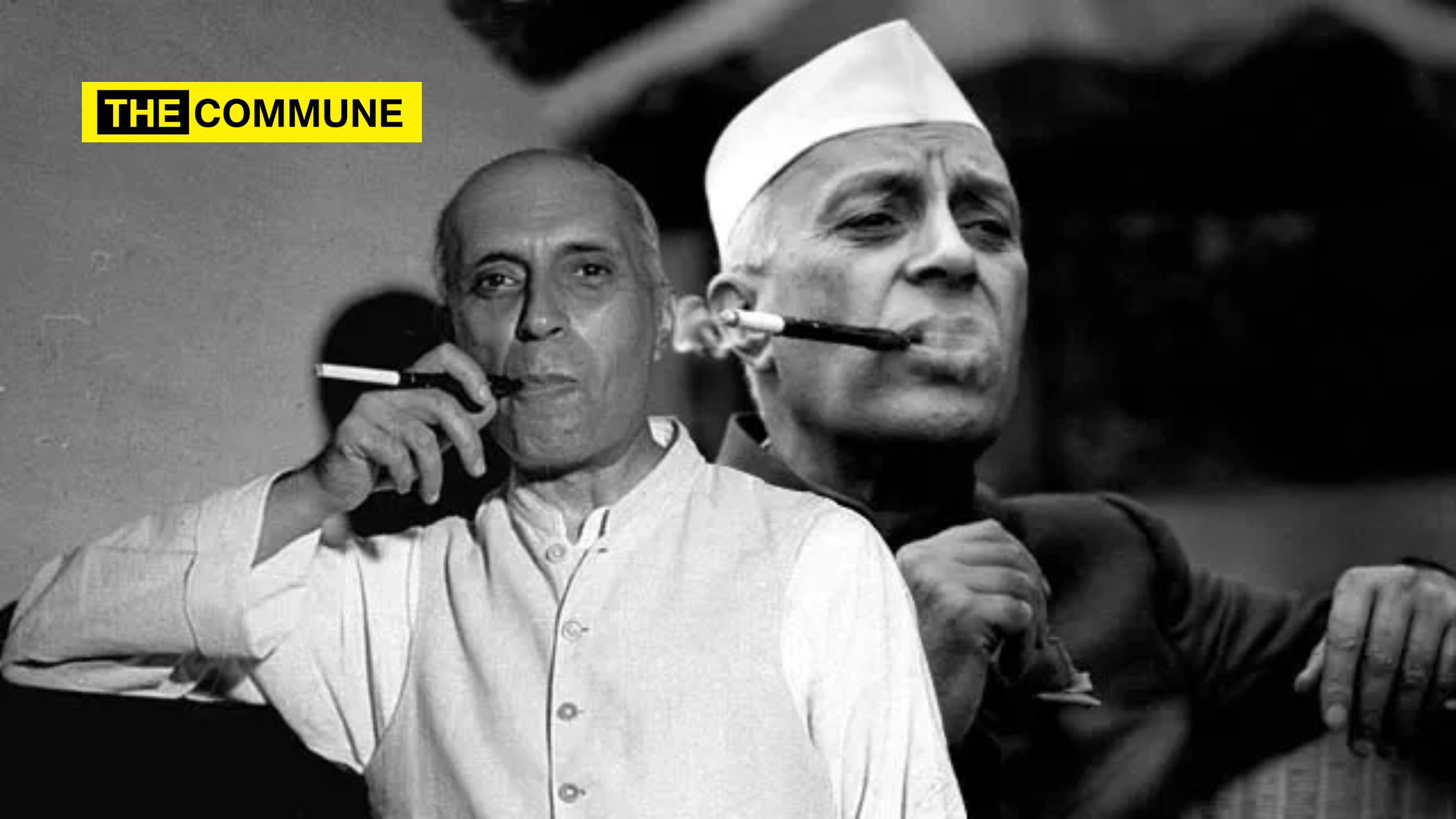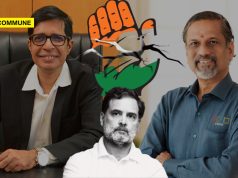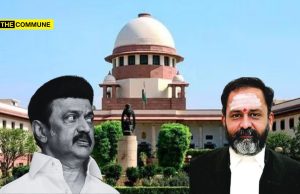
Jawaharlal Nehru is widely regarded as the architect of modern India. He is extolled as the man who chiselled India’s democratic institutions and laid the foundations for it become a vibrant democracy.
Though true in parts, he is not the only man who deserves credit for India being a success story today. But he is definitely elemental behind many of the challenges that India faces today. His legacy has been leaving India with a legacy of problems. Most criticize his (in)actions and (in)decisions as the root cause of several current issues in the country. Let’s take a look at some of the Himalayan blunders committed by Nehru.
1. Kashmir Conflict: Nehru’s left-leaning ideology and close friendship with Sheikh Abdullah have been blamed for the ongoing issue of Kashmir. The 1948 Pakistani occupation of Jammu and Kashmir and the subsequent decision to take the issue to the UN have been cited as factors that have cost India a significant amount of blood, money, and land disputes. This has also led to strained foreign relationships with Pakistan and China.
2. Article 370: The introduction of Article 370 granting special status to the state of Jammu and Kashmir has been criticized for going against the advice of Dr. B.R. Ambedkar and being influenced by Nehru’s relationship with Sheikh Abdullah.
3.Hyderabad Issue: Nehru’s apparent lack of interest in keeping the state as part of India. It was Sardar Patel who planned and executed “operation Polo,” which resulted in the surrender of the Nizam to India. Nehru was reportedly angry with Patel’s actions.
4. China War: The 1962 China war is also a significant event in Nehru’s legacy, with some accusing him of ignoring the Chinese invasion of northeast India. Despite India’s friendship with China, the latter referred to Nehru as a “lackey” of the British and the Americans and used disparaging language against India at the UN. The attack resulted in the massacre of around 40,000 people and the formation of separatist groups like ULFA and BODO against India.
5. Rejection of Permanent UN Membership: In the international sphere, Nehru’s decision to reject permanent membership in the UN has also been criticized. India was offered a permanent seat in the UN in 1950, and again in 1955 by Russia, but Nehru declined both offers. This resulted in China being granted the permanent seat instead.
6. Kabo Valley Gifting: Nehru’s gifting of Manipur’s Kabo valley to Burma and the lease of Coco Island to the British, who then leased it to the Burmese and eventually to China. The refusal to take over the Gwadar enclave from the Sultan of Oman, which was later sold to Pakistan and eventually to China, has also been criticized for giving China a strategic advantage in keeping Indian naval activities under surveillance.
7. Coco Island Lease: Nehru’s lease of Coco Island to the British, which was later leased to the Burmese and eventually to China, has been criticized.
8. Gwadar Enclave Refusal: In 1950, the Sultan of Oman offered the Gwadar enclave to India for a small amount, but Nehru declined the offer and sold it to Pakistan instead. China later gained control of the port and is now using it to monitor Indian naval activities in the Persian Gulf, the Gulf of Aden, Central Asia and South Asia.
9. Refused Balochistan Annexation: Jawaharlal Nehru’s refusal to accept Balochistan’s offer of accession to India, despite the region’s desire to join, led to Pakistan’s eventual invasion of the area. This has played a significant role in the ongoing problems faced by Balochistan.
10. Rejected Nepal Annexation: King Tribhuvan Bir Bikram Shah of Nepal had proposed that Nepal become a part of India as a province. However, Nehru rejected the offer and emphasized that Nepal must remain an independent nation.
11. Delayed Goa’s Freedom: Despite multiple appeals to the United Nations, Nehru failed to take action to secure the independence of Goa from Portuguese rule. It took a military operation by India in 1961 to finally free the region from Portuguese control.
12. Panchaseel Agreement: The agreement between India and China, known as the Panchaseel, effectively recognized China’s claim over Tibet as its territory instead of an independent nation. This has added fuel to the ongoing border dispute between India and China.
13. Mirpur Massacre: During the Partition of 1947, an estimated 18,000 Hindus and Sikhs were killed, and 3,500 were wounded in the worst massacre in Indian history. Despite being blamed on Sheikh Abdullah’s refusal to allow the Indian army to intervene, Nehru failed to take any preventive measures.
14. Opposed Somnath Temple Restoration: Sardar Vallabhai Patel had a desire to restore the Somnath temple, which had been destroyed by Mughal Emperor Aurangzeb. Nehru, however, opposed the project, calling it “Hindu revivalism”. Patel eventually succeeded in restoring the temple.
15. Linguistic Regional Division: Nehru’s decision to create the state of Andhra Pradesh from the Madras Presidency, despite objections from leaders such as Sardar Patel and Rajendra Prasad, led to linguistic tensions and further demands for separation based on language.
16. Education Failure: Nehru’s lack of emphasis on promoting primary education has resulted in a significant portion of India’s population remaining uneducated, hindering the country’s growth and development.
17. Refusal of US Nuclear Assistance: Nehru rejected the US offer to help India detonate a nuclear device, which could have made India the first Asian country to go nuclear ahead of China. This decision has resulted in India’s current struggles to enter the Nuclear Suppliers Group.
18. State-Controlled Economy: Nehru followed Soviet-style economic policies, where the state controlled industries and businesses, leading to high taxes and a lack of wealth among the citizens. This stifled the spirit of entrepreneurship and encouraged dependence on the state.
19. Failure to Address Corruption: Nehru frequently ignored instances of corruption when the culprits were his allies, perpetuating a culture of corruption and hindering efforts to combat it.
Nehru’s legacy is one of missed opportunities and poor decisions. His actions have had lasting negative consequences for the country. It is important to critically evaluate and learn from the mistakes of the past in order to create a brighter future for India.
Click here to subscribe to The Commune on Telegram and get the best stories of the day delivered to you personally.




